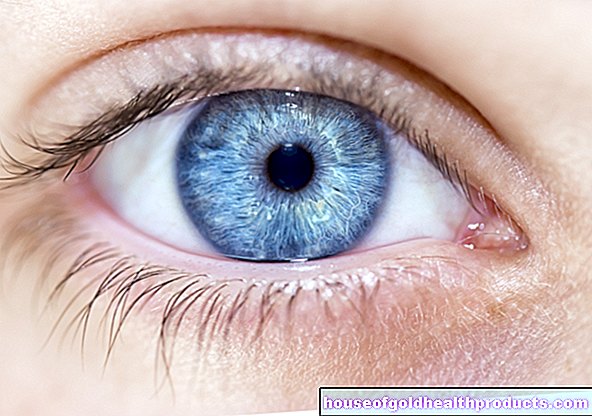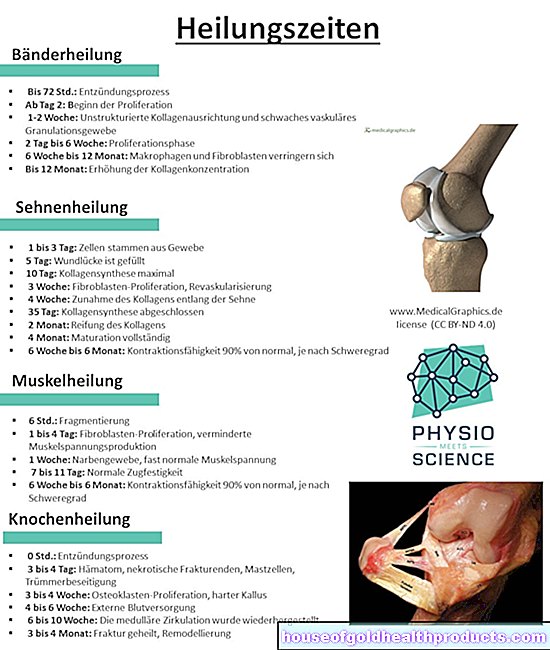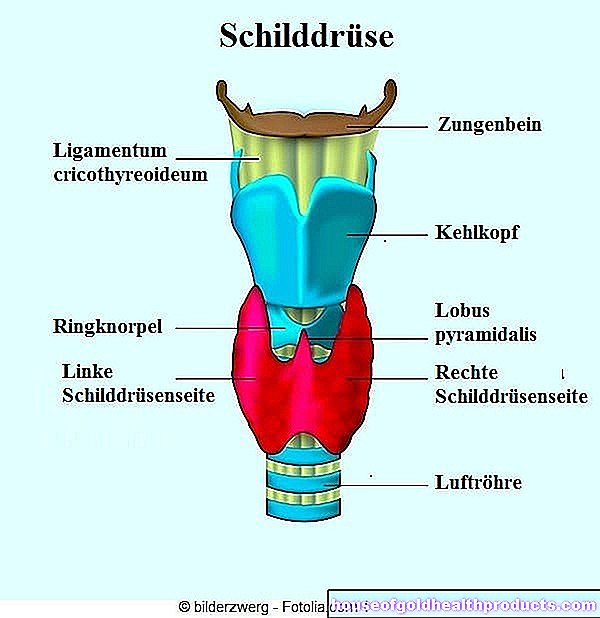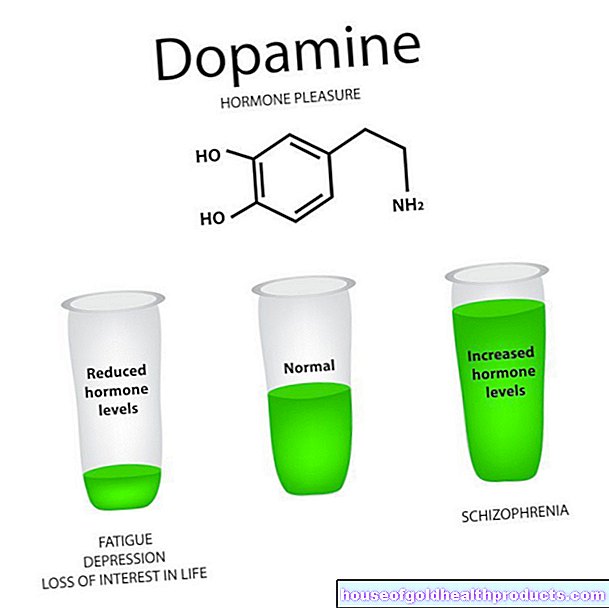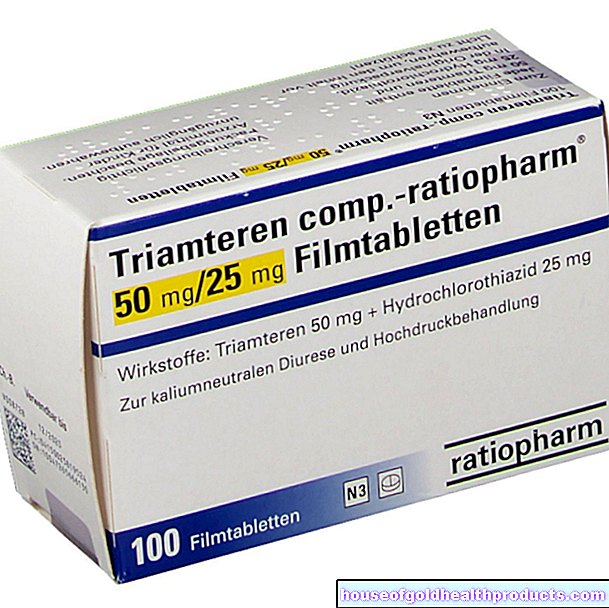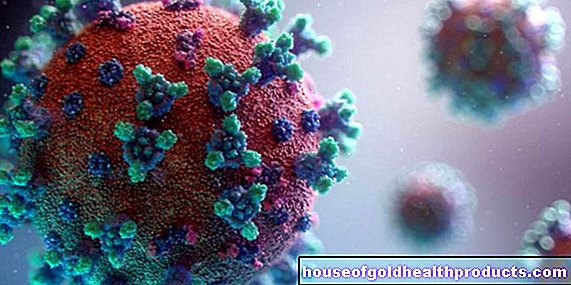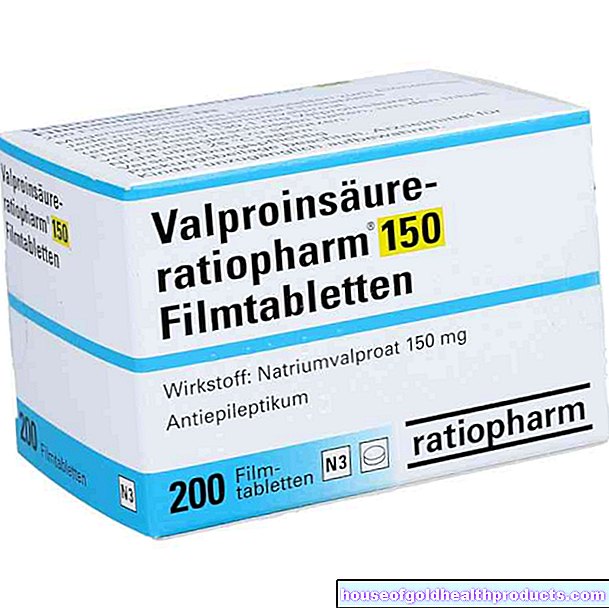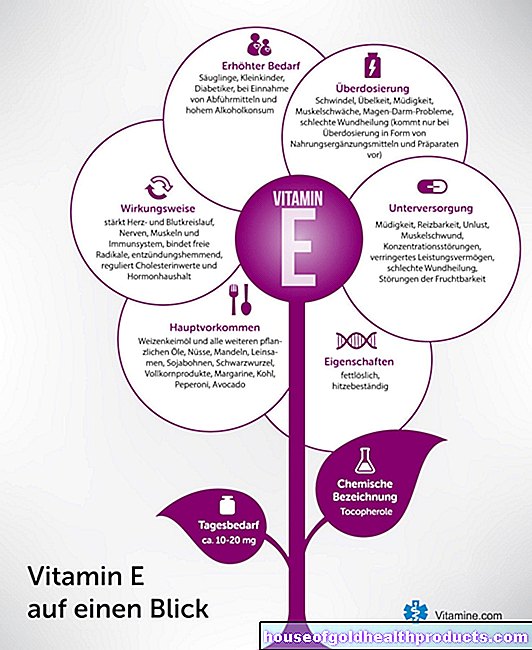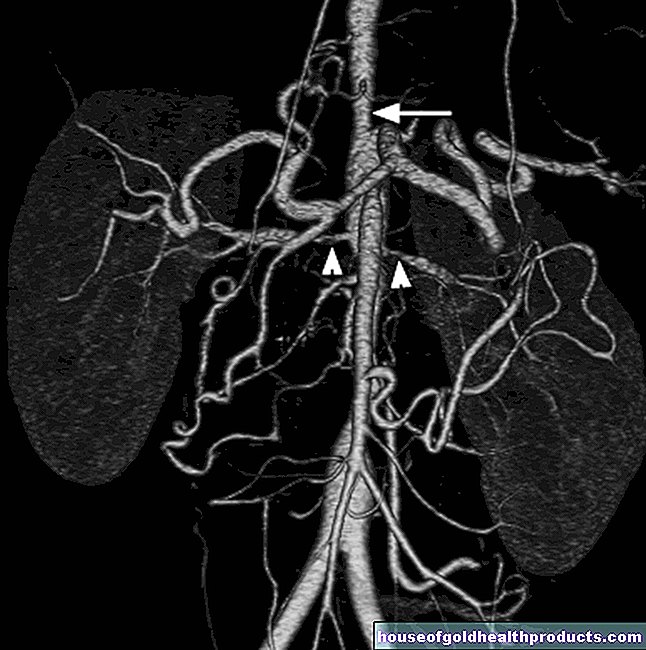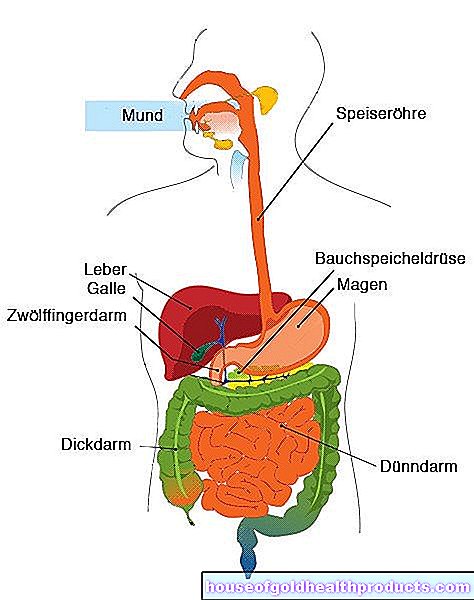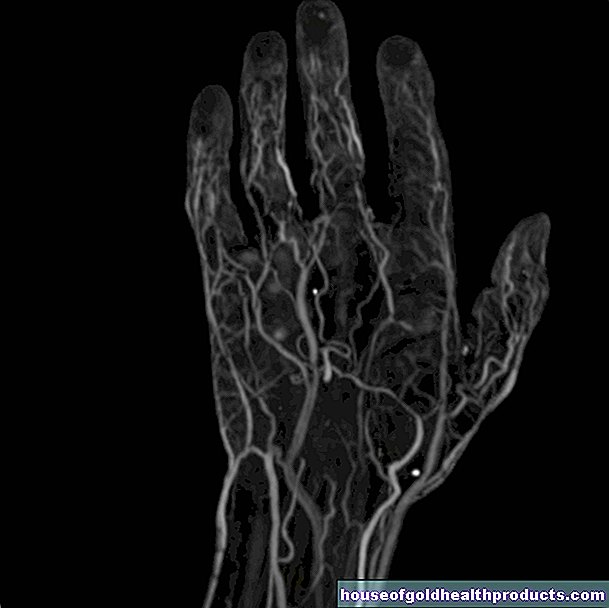Vaccine Titers - How Immune Are You?
and Sabine Schrör, medical journalistSabine Schrör is a freelance writer for the medical team. She studied business administration and public relations in Cologne. As a freelance editor, she has been at home in a wide variety of industries for more than 15 years. Health is one of her favorite subjects.
More about the experts All content is checked by medical journalists.Are you really immune to the disease after vaccination? Or has the body produced no or too few antibodies despite the vaccination? The so-called vaccination titer, a measure of individual immunity, provides answers to these questions. Read here how to determine the vaccination titer, what it says and when it is too low.

What is the vaccination titer?
The vaccination titer (titer) is a measure of the body's immunity to a certain disease after a previous vaccination. For this purpose, the concentration of the antibodies against the respective pathogen present in the blood is measured.
Determining the titer is time-consuming and expensive. Therefore it is only carried out in certain cases.
Repeated contact with infected people (e.g. nurses) also leads to immunity (and thus a sufficiently high vaccination titer) after a long time - even if one has not been vaccinated or has gone through the disease.
When is the vaccination titer determined?
After a hepatitis vaccination, the titer should be determined as a matter of routine because a relatively large number of people who have been vaccinated do not react to the vaccination to the desired extent.
A vaccination titer determination for rubella is useful for pregnant or non-vaccinated women of childbearing age. In this way it can be determined whether a woman is really immune to the disease. Because: A rubella infection during pregnancy can be life-threatening for the embryo.
How is the vaccination titer determined?
In order to be able to determine a titer, the doctor needs blood serum. To do this, he takes some blood from a vein.
When is the vaccination titer too low?
Vaccination titers are usually divided into different levels - depending on the concentration of the antibodies in the blood. If the titer is too low, there can be several reasons:
- The person concerned has not come into contact with a certain pathogen for a long time. This is the case when someone has not received a (booster) vaccination against a certain disease for a long time (e.g. against tetanus).
- Some people do not respond or do not respond adequately to a vaccination (e.g. due to an immunodeficiency) - so they form little or no antibodies.
- If a vaccine has been stored incorrectly (e.g. insufficiently refrigerated) or administered incorrectly (e.g. incorrectly injected), the vaccine may not have the desired effect - the body produces no or too few antibodies, so that the titer is too low.
